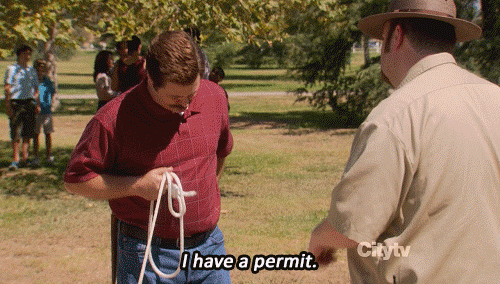
I’ve blogged about occupational licensing before, citing its negative impact on upward mobility. Now Richard Reeves at the Brookings Institution adds his voice to the critics. In a brief post, he lists four ways in which occupational licensing can hinder upward economic mobility:
- “Since state licensing laws vary widely, a license earned in one state may not be honored in another…This licensing patchwork might explain why those working in licensed professions are much less likely to move, especially across state lines…”
- “In many cases, people who’ve been imprisoned face a lifetime ban on obtaining an occupational license.”
- “Licensing requirements impose up-front costs. The actual licensing fees are often just the tip of the iceberg; many aspiring professionals must spend time and money attending the required trade school courses. These burdens fall disproportionately on people from lower-income backgrounds.”
- “Licensing can act as a form of “opportunity hoarding,” allowing those with resources and connections to benefit from the higher incomes flowing from these occupations, in part by preventing others from competing with them.”
Check it out.